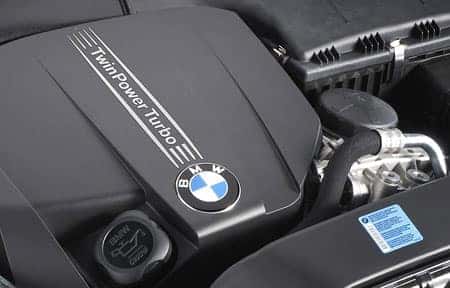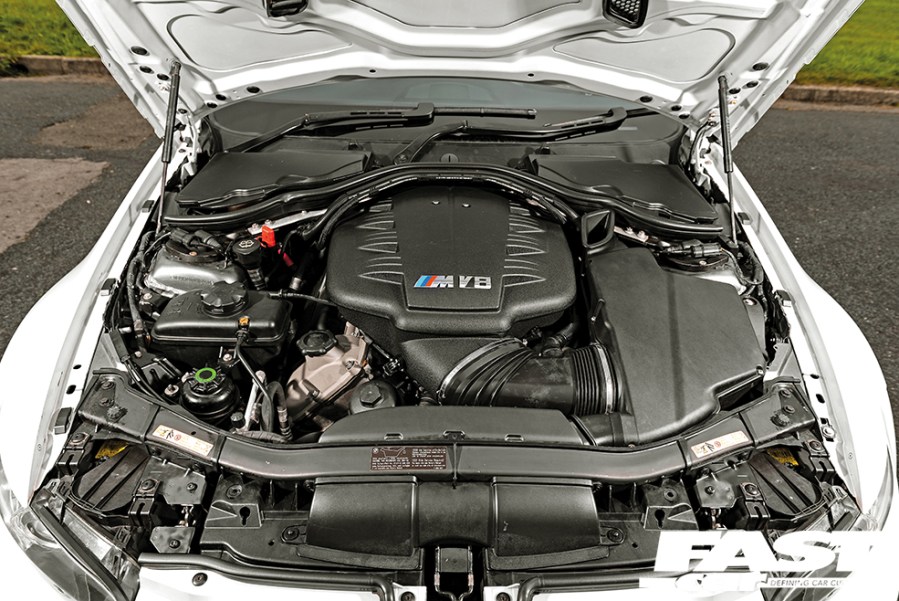Common Concerns Dealt With by BMW Engine Owners and How to Fix Them
Common Concerns Dealt With by BMW Engine Owners and How to Fix Them
Blog Article
Unveiling the Intricacies of Next-Generation Power Units: a Deep Dive Into Advanced Engine Styles and Advancements
As we stand on the precipice of a brand-new period in transportation, the intricacies of next-generation engine designs beckon us to explore the sophisticated technologies and innovations that promise to redefine the driving experience. Delving deeper into the realms of discharge control, smart engine administration systems, and the horizon of power unit advancement, we find ourselves on the cusp of an improvement that guarantees to improve the landscape of wheelchair as we know it.
Evolution of Engine Products

The shift in the direction of progressed engine materials has actually likewise allowed designers to create engines with greater power results while keeping gas effectiveness standards. For instance, making use of lightweight materials minimizes the overall weight of the engine, resulting in boosted fuel economic situation and reduced exhausts. In addition, innovations in materials innovation have permitted better thermal administration within engines, leading to raised reliability and long life.
Turbocharging and Supercharging Technologies
Just How do Turbocharging and Supercharging Technologies revolutionize engine performance and effectiveness in modern vehicles? Supercharging and turbocharging are innovations that significantly boost engine efficiency by enhancing the quantity of air consumption right into the burning chamber. Turbocharging achieves this by using a turbine driven by exhaust gases to pressurize the consumption air, while supercharging makes use of a belt- or chain-driven compressor to attain the very same effect.
These modern technologies allow smaller, more fuel-efficient engines to generate power comparable to bigger ones, referred to as downsizing. By compeling even more air into the cylinders, turbocharging and supercharging boost burning performance, leading to raised horse power and torque result without a significant rise in engine size. This brings about far better velocity, hauling ability, and total driving performance.
Furthermore, supercharging and turbocharging add to improved gas performance by allowing the usage of smaller engines that consume much less fuel under regular driving conditions - bmw engine. This combination of boosted efficiency and efficiency has actually made turbocharging and turbo charging important components of lots of modern engine designs
Exhaust Control and Environmental Effect
With raising international worries relating to air top quality and environmental sustainability, the execution of emission control modern technologies in automobiles plays a critical duty in decreasing unsafe contaminants launched into the ambience. Modern lorries are geared up with innovative discharge control systems that assist minimize the ecological influence of automobile procedures. Catalytic converters, for example, are developed to transform poisonous gases such as carbon monoxide, nitrogen oxides, and hydrocarbons right into much less unsafe compounds like carbon dioxide and water vapor.
Furthermore, advancements in engine technology, such as the integration of exhaust gas recirculation systems and selective catalytic reduction, have significantly added to decreasing exhausts. These innovations work in tandem to enhance combustion effectiveness and minimize the release of damaging contaminants into the air. Furthermore, the growth of crossbreed and electrical vehicles represents a critical step review towards minimizing the overall ecological impact of the transport market.
Intelligent Engine Administration Solution

Furthermore, these systems make it possible for automobiles to fulfill stringent emissions criteria without compromising performance, providing a much more eco-friendly driving experience. The assimilation of expert system and artificial intelligence capabilities in engine management systems continues to push the borders of what is possible, causing further renovations in effectiveness, reliability, and overall automobile efficiency. bmw engine. As automobile modern technology advances, smart engine management systems will play a vital duty fit the future of transportation towards an extra lasting and reliable direction
Future Trends in Power System Advancement
As intelligent engine management systems lead the means for enhanced control and optimization in contemporary automobiles, future patterns in power unit development are positioned to redefine the landscape of automotive propulsion technologies. One of the essential trends driving advancement in power system advancement is the shift towards electrification. With an enhancing emphasis on sustainability and minimizing carbon exhausts, hybrid and electrical powertrains are becoming extra continue reading this prevalent in the auto industry. These different source of power use enhanced performance and performance while straightening with strict ecological regulations.
An additional significant pattern is the integration of advanced materials and making strategies. Lightweight materials such as carbon fiber and aluminum are being utilized to decrease total car weight, boosting fuel performance and performance. Furthermore, advancements in 3D printing and additive manufacturing are allowing the production of complicated engine elements with greater accuracy and sturdiness.
Additionally, expert system and equipment discovering are playing a vital duty in enhancing power device performance. These modern technologies permit real-time surveillance and adaptive control, causing more trusted and effective power distribution. Overall, future trends in power unit growth are tailored towards sustainability, performance, and effectiveness, driving the vehicle market towards a new age of propulsion visit this website modern technologies.

Verdict
Finally, the developments in engine materials, turbocharging, exhaust control, and intelligent monitoring systems have actually paved the method for next-generation power units. These advancements have not only enhanced efficiency and effectiveness however additionally lowered ecological influence. As innovation remains to progress, future trends in power unit advancement are most likely to concentrate on additional improving sustainability and optimizing power output. The intricate styles and advancements in contemporary engines display the recurring evolution of vehicle technology.
Checking out the modern developments in engine products has actually been critical in enhancing the efficiency and efficiency of modern engines. Over the years, the development of engine materials has actually played a critical role in pressing the borders of what engines can accomplish.The shift in the direction of progressed engine materials has likewise made it possible for engineers to create engines with greater power outcomes while preserving gas performance criteria.The application of smart engine management systems in modern-day vehicles has transformed the way engines are controlled and maximized for efficiency and effectiveness. By accumulating data in real-time and examining it with innovative algorithms, intelligent engine management systems can adjust to driving designs, environmental elements, and engine health and wellness to take full advantage of power result while lessening fuel consumption and emissions.
Report this page